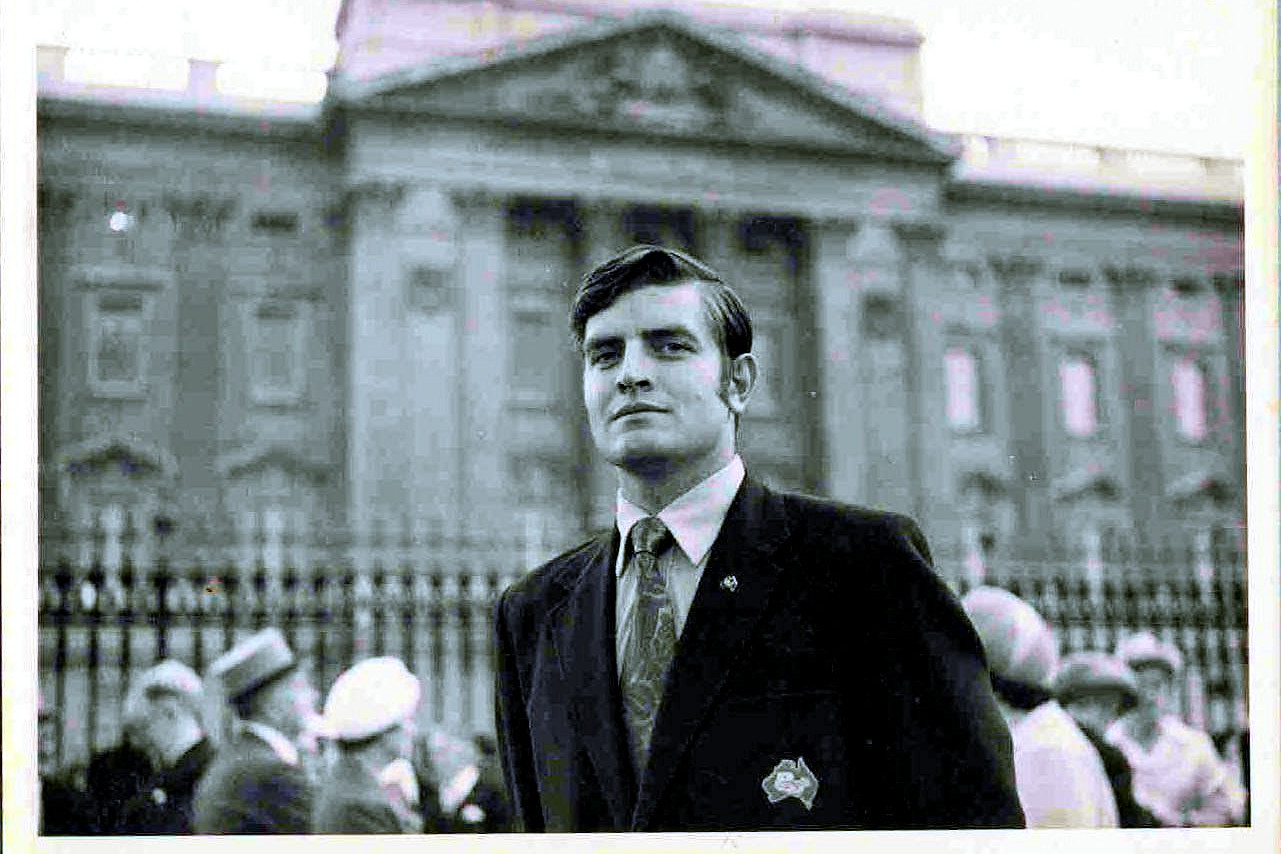Community & Business
8 May, 2025
Junior farmers go down in history
IN the late 1940s, the introduction of an agricultural organisation to the Tablelands invigorated the lives of local youth, bringing them together to learn life skills and forge friendships and love that would last a lifetime.

Now, former members of the group are searching for others who were involved to document its history before it’s too late.
Originating in 1947 as the Queensland Junior Farmers Organisation, it was later named the Rural Youth Organisation of Queensland in late 1964. It survived some 60-odd years after appearing to fizzle out around 2005.
The organisation was also seen as a movement, aiming to provide post-school education to young rural people in order to encourage better farming practices and a better community spirit, and to also discourage the drift to cities.
Moreover, it targeted individuals seeking to pursue character building and personal development.The impact it had on the locals who were involved was profound, to say the least.
Former member of the Malanda Junior Farmers group Neil Coleman described the group as his “whole life”. It’s where he met his wife of 58 years and shaped who he became.
“We never went to the pictures or anything like that. Every time we went out, we went to Junior Farmers, we didn’t go anywhere else,” he said.
“It taught us how to live in this life. It forged our lives and everyone who was a part of it learned from it. It made some of us into leaders and the rest of us into good people.
“I think it’s very important to document this history because it was a magnificent period in our lives. It was our whole life.
“I also think it’s very important that the world knows this period existed in young people’s lives around here and worldwide.”
Former member and former state vice-president Peter Scott has been recording and writing the entire history of the organisation for the past three years.
The documented history will be released as a book titled, “Landmark: A history of Junior Farmers and Rural Youth in Queensland” and is expected to be published later this year.
But before it’s finalised, Mr Scott will be travelling to the Tablelands to gather some final and “vital” information.
“North Queensland was a particularly strong area for the movement, and it is important that I make an effort to capture some of that history,” he said.
The organisation was not limited to Australia however, with other groups located in England, the US, and New Zealand.
“Primarily, their role was to educate farmer’s sons in farming,” Mr Coleman explained.
“I never really thought about why it was there, to us it was a social club. I suppose we didn’t learn a lot from Junior Farmers as far as farming goes.
“We learnt that side of things from the DPI (Department of Primary Industries), and we learnt from other farmers.
“We mainly used it (Junior Farmers) as a social thing. We did farm activities though, like we had competitions to see who could dig a posthole the fastest, plough the straightest, pick corn the fastest, or milk a cow the best, things like that.
“We did a lot of debating, public speaking, competitions about farming, and held dances. You could even win an award to go overseas.
“We had four main clubs. There was a Mareeba club, an Atherton club, a Malanda club, and a Millaa Millaa club, which were all very strong.”
Mr Coleman is inviting anyone who was involved to attend the meetings next week.
“We’re looking to document the establishment of the organisation,” he said.
“We specifically want information from the first State Conference, which we believe was held in Atherton, and where the first club was established.
“We also just want individual memories of people over the years and what they did, where they went, what they learnt, friends they made, all of that.
“So, if you were involved, please come, write down your name and memories on a piece of paper and be a part of the documented history of Junior Farmers on the Tablelands. Also bring along any photos you may have from that time.”
Meetings will be held next week in Yungaburra and Millaa Millaa from 12-13 May. The first meeting will be held next Monday at the Yungaburra Men’s Shed from 10am, while the second meeting will be held in Millaa Millaa at Rumours Diner, also from 10am.
For more information, contact Mr Coleman on 0429 953 586 or Pat Reynolds on 0438 965 440.


